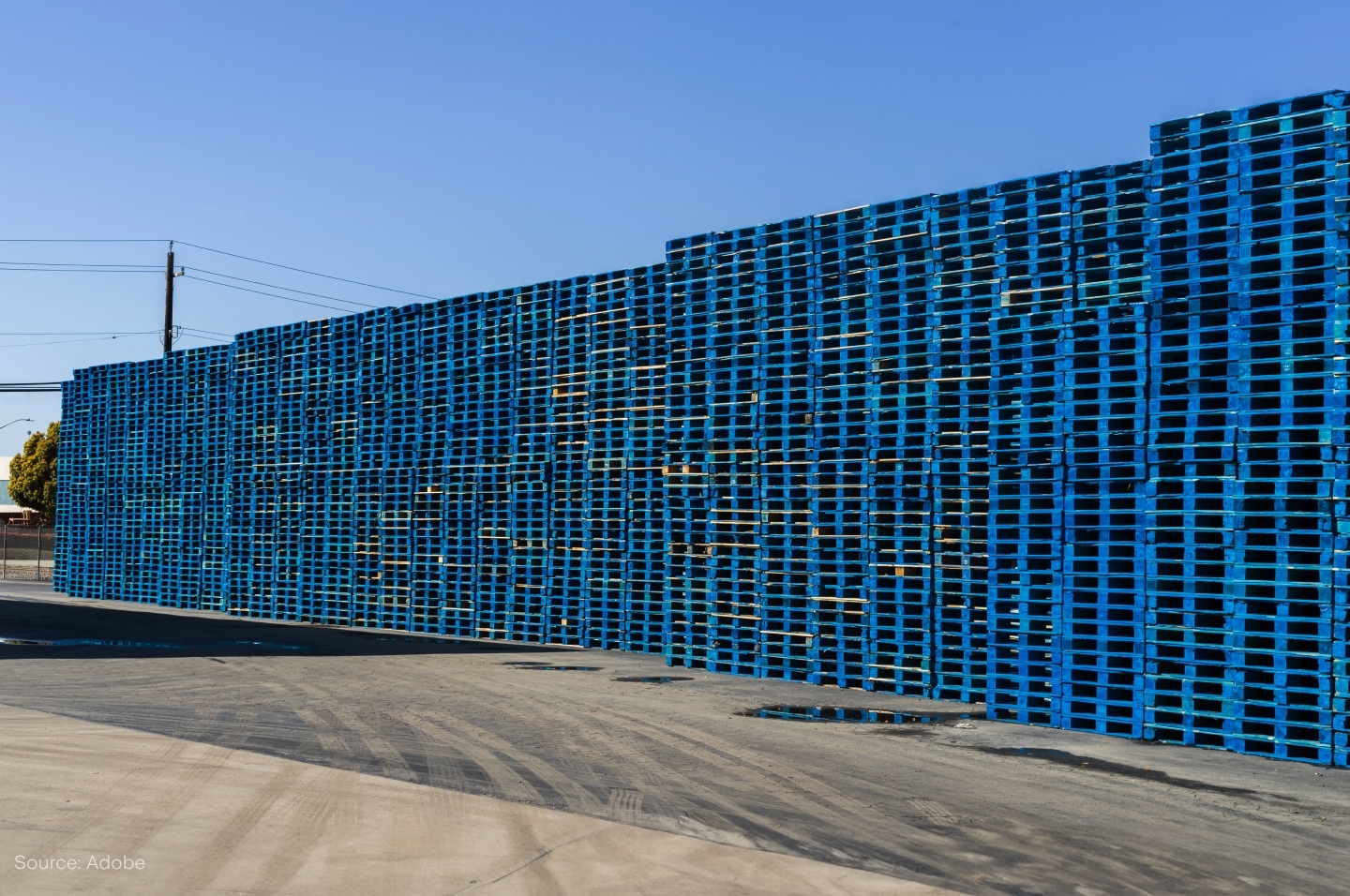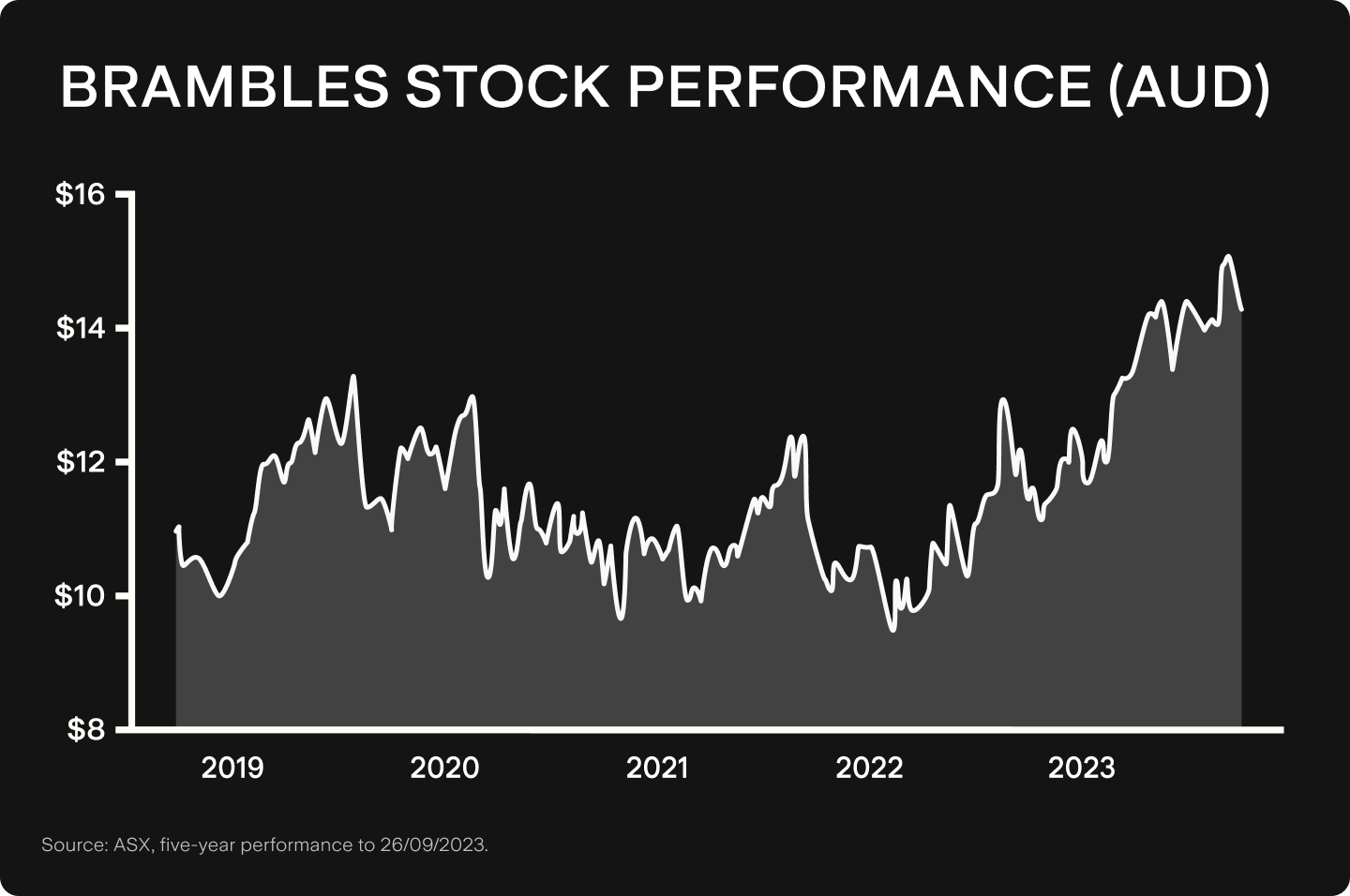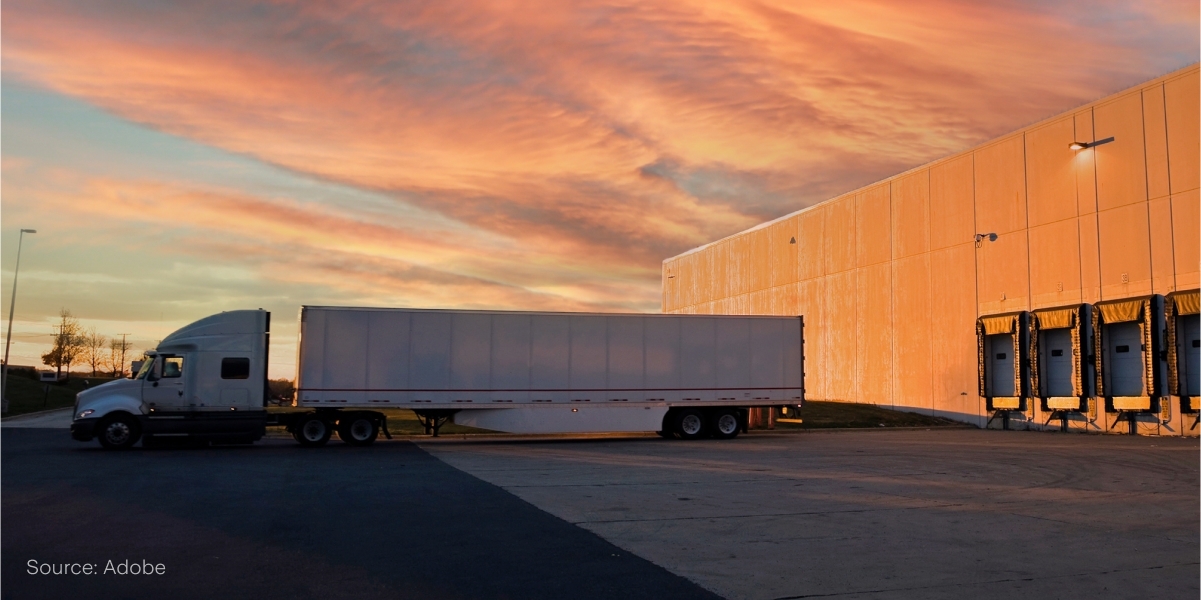
Under the Spotlight AUS: Brambles Limited (BXB)
There are many steps involved with transporting goods from their source to the final customer. Solutions provided by firms like Brambles are one way to make the journey smoother. Let’s put it Under the Spotlight.

The operations of one business can change a lot over the years. In 1875, eighteen year old Walter Brambles established a butchery that would deliver the meat to customers. It expanded scope to general transport and logistics in the growing town of Newcastle. With additional ventures covering automotive engineering and real estate investment, including a subsidiary that provided industrial and transport services to BHP ($BHP) at Port Kembla, Brambles ($BXB) was listed on the ASX in 1954.
While the firm has delved into many sectors, it was the purchase of Commonwealth Handling Equipment Pool (CHEP) that really changed its trajectory. CHEP refers to all the pallets and transportation goods left behind by the U.S. Army in Australia after World War Two. Brambles took it over from the Australian government in 1958, which opened the door for its clients to use this equipment to transfer their products.
Fast forward to today and CHEP has a pool of standardised pallets, crates and containers that can be utilised by customers as required. CHEP retains ownership of the property, with rental and related services fees being its main source of revenues. With a push for sustainable business practices, the equipment is reusable and can be either returned to a service centre or transferred to another CHEP client.
Packaging innovation
Brambles first expanded internationally to the UK in 1974 and now operates in over 60 countries. The company primarily serves the fast‑moving consumer goods, fresh produce, beverage, retail and general manufacturing industries through its CHEP business. The firm has built a reputation for reliability, which has involved keeping a close eye over the quality levels of its equipment and accounting for replacement costs.
CHEP offers clients a choice of pallets made of either timber or plastic, Reusable Plastic Crates (RPCs), bins and specialised containers. This means the company is exposed to various input costs, especially lumber. After COVID-19 upended global supply chains, retailers increased inventory levels to insure against further disruptions. This resulted in pallet shortages, which the firm expects to remain a concern – alongside high lumber prices – into next year.
Parent company Brambles’ push into the circular economy will likely help increase efficiencies and reduce some of these business risks. As part of its Forest Positive target, the firm intends to grow two trees for every one used for its timber pallets by FY2025. In March 2023, the company issued an eight-year €500m green bond to fund its sustainability initiatives with a 4.25% coupon rate. While its net debt as a proportion of earnings before interest, taxes, depreciation and amortisation was below its policy of 2.0x in FY2023, taking on more debt does mean that maintaining a healthy balance sheet requires consistently growing revenues in the future.

Optimising channels
CHEP has been the longstanding centrepiece of the firm, but Brambles has tried its hand at diversification into several other areas. In 1970, the company acquired a waste management and disposal business, which was divested in 2005 as Cleanaway Waste Management ($CWY) and has grown into an industry leader in Australia.
To complement CHEP, Brambles also purchased IFCO Systems in 2011. As the world's largest RPCs business, IFCO was bought for US$1.2b to target more customers in the small-to-medium sized enterprise sector. However, management eventually decided to refocus on its core markets and sell IFCO in 2019 for US$2.5b.
Brambles still uses plastics and is working on recycling strategies. Despite being easier to track, plastic pallets are more expensive. Due to concerns of not making high enough returns, the company decided not to take part in a major deal with Costco ($COST) that would have seen the U.S. retail giant transition to plastic pallets.
In order to provide extra value to customers, data management has been another field of interest for Brambles. The company launched a global records management business named Recall in 1999 that was kept alongside CHEP in the streamlined group until a 2013 demerger. A few years later, Brambles established BXB Digital to give clients insights into their data and visibility over the supply chain.

Delivering growth
The trend of buying and then selling other firms has been a long-term practice for Brambles. But maintaining its edge with its main CHEP business and the other companies it owns could present challenges. Brambles’ business ultimately depends on global economic conditions, with demand for transportation equipment being driven by consumer spending on the goods of its clients.
Profits increased in FY2023, as the firm was able to pass on higher lumber costs and fuel surcharges. However, as sticky inflation slows spending and inventory levels readjust, management expects profit growth to decelerate into FY2024. With less pricing power, Brambles has been stepping up efforts to retrieve pallets from customers and increase efficiencies through further digitisation. The business has been delivering for over a century and shareholders are watching closely to see whether it remains up to the task.
This does not constitute financial advice nor a recommendation to invest in the securities listed. The information presented is intended to be of a factual nature only. Past performance is not a reliable indicator of future performance. As always, do your own research and consider seeking financial, legal and taxation advice before investing.

Megan is a markets analyst at Stake, with 7 years of experience in the world of investing and a Master’s degree in Business and Economics from The University of Sydney Business School. Megan has extensive knowledge of the UK markets, working as an analyst at ARCH Emerging Markets - a UK investment advisory platform focused on private equity. Previously she also worked as an analyst at Australian robo advisor Stockspot, where she researched ASX listed equities and helped construct the company's portfolios.

.jpg&w=3840&q=100)